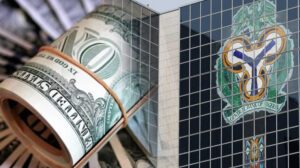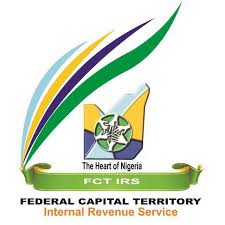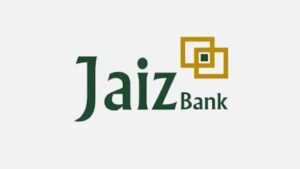CBN will tackle forex pressure as Naira slides against Dollar — Acting. Gov assures
By Sodiq Adelakun
The acting Governor, Central Bank of Nigeria, Folashodun Shonubi, has said the bank will address the demand pressure on the country’s exchange rate, as the naira continued to slide against the dollar.
He gave the assurance while answering questions from journalists after the two-day Monetary Policy Committee that ended in Abuja on Tuesday.
Within one week, the naira fell to the dollar from 820/$ to 870/$ at the parallel market on Tuesday.
Since the unification of the exchange rates in the country, the naira has continued to depreciate, amid worsening inflation, rising fuel costs and other challenges in the country.
Shonubi said, “The market needs to find its level. There is pent-up demand which the market cannot cater to. Once we clear this demand, the volatility will normalise. We have started intervening, and we would continue to intervene until the market gets to our level.”
Announcing the outcome of the MPC meeting, the Acting CBN Governor said the majority of the members voted to raise the Monetary Policy Rate.
He said, “Six members voted to raise the MPR: Four members by 25 basis points and two members by 50 basis points. Five members voted to hold the MPR constant. All members voted to narrow the asymmetric corridor from +100/-700 to +100/-300 basis points around the MPR.
“In summary, the MPC voted to raise the MPR by 25 basis points, from 18.50 to 18.75 per cent, adjust the asymmetric corridor to +100/-300 basis points around the MPR; retain the CRR at 32.5 per cent and retain the Liquidity Ratio at 30 per cent.”
Following the outlook for the domestic economy, he said members were of the view that the Committee was confronted with only two policy options: to hold or hike the policy rate to offset the moderate increase in headline inflation.
Considering the option to hold, he explained that the Committee reviewed the impact of the continued rise in inflation on various macroeconomic variables, noting the potential dampening effect on output growth.
He said members agreed unanimously that the previous series of rate hikes had indeed greatly moderated the pace of price increases.
The option to continue to hike the policy rate, moderately, also presented a strong alternative, he said.
He explained further that this was premised on the expected liquidity injections into the economy from the recent policy developments and the likely impact on inflation.
The Acting CBN Governor said the Committee remained cautious in arriving at a policy decision as members noted the need to continue to support investment which would ultimately lead to the recovery of output growth.
Earlier, the Director General of Nigeria Employers’ Consultative Association, Mr Wale Oyerinde, said the increased Monetary Policy Rate implied higher borrowing.
He said, “Furthermore, the increased MPR implies higher borrowing rates, which would negatively affect companies and manufacturers that borrow capital for their survival. If unchecked, it could also lead to another form of economic quagmire as higher rates slow down productive activities.”
Also, the Chief Executive Officer of the Centre for the Promotion of Private Enterprise, Muda Yusuf, said the hike was expected.
He said, “The hike in Monetary Policy Rate did not come as a surprise because of the surging inflation and the current pressure on the exchange rate. These are macroeconomic conditions that the CBN would not ignore. There are concerns about the real interest rate, which is currently in negative territory. There are also worries about the signalling effect of the MPC decision.”
He, however, noted that it would hurt investors and that increasing the MPR would likely have no major impact on inflation.




